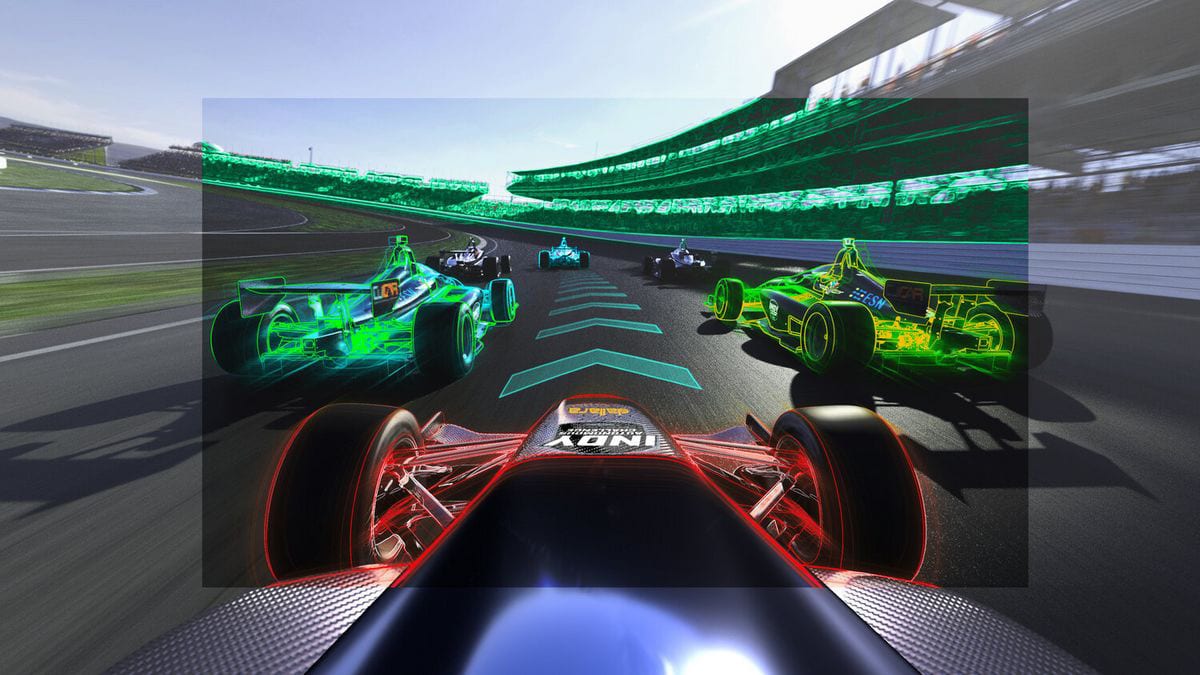Indy Challenge: Race without pilots 🎥
HIGH-TECH TOY? The world's first driverless race is taking place at the Indianapolis Motor Speedway. Racing cars that are controlled exclusively by artificial intelligence are permitted to take part. It will be exciting to see. At speeds of up to 300 km/h, the software pilot has to react quickly to changes. At the Indy Autonomous Challenge, which will be held in several stages over the course of this year [...]
At speeds of up to 300 km/h, the software pilot must react quickly to changes.
The Indy Autonomous Challenge, which will be held in several stages over the course of this year, will exclusively feature racing cars controlled by artificial intelligence. Scientists from the Technical University of Munich (TUM) will also compete with a vehicle.
Speeds of up to 300 km/h
Alexander Wischnewski, Team Manager of the TUM Autonomous Motorsport Team: "The demands placed on a vehicle in the Indy Autonomous Challenge are enormous. Unlike in normal road traffic, there are virtually no rules. The behavior of other vehicles is therefore difficult to predict. At speeds of up to 300 km/h, the software race driver has to react extremely quickly to changes."

Control engineering a challenge
The on-board computer records and analyzes all the information provided by cameras, lidar and radar sensors, and GPS receivers in a fraction of a second. This data is used to make predictions about where the other vehicles are heading in order to make decisions that are given as driving commands to the steering or brakes.
The development of a software architecture that can solve these tasks safely and quickly is a great challenge for the young researchers from the chairs of automotive engineering and control engineering.
Experience for upcoming series models
The TUM Autonomous Motorsport Team has already gained experience in 2018 during Roborace demonstrations at the Formula E event in Berlin and in 2019 at the race track in Monteblanco, Spain, but this is only transferable to a limited extent. The 13 doctoral students and 30 undergraduates of the TUM team are therefore challenged.
Alexander Wischnewski: "But IT development is about even more than that. We can test and optimize the rapid response of an autonomous vehicle to unforeseen events at high speeds in the race. The automotive industry can then also benefit from this experience."
At the finale on October 23, 2021, at the Indianapolis Motor Speedway, the winner can expect prize money of one million U.S. dollars.
tum.de
indyautonomouschallenge.com









